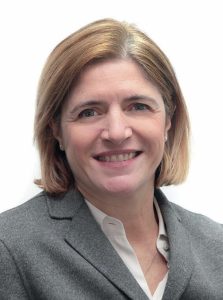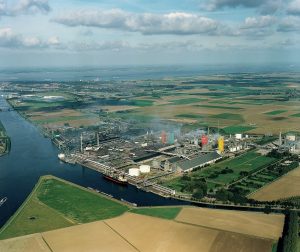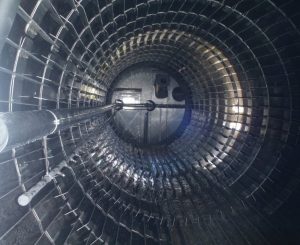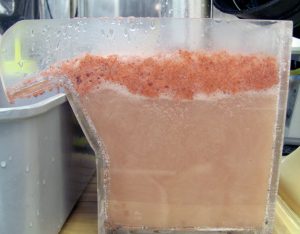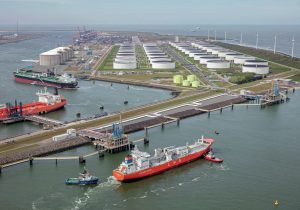KP Engineering, LP specialising in the design and execution of customized EPC solutions for the refining, syngas, hydrogen and renewable fuels industries, has named Bill Preston as its new president and Chief Executive Officer. Based in Houston, Preston has served as KPE’s president and Chief Operating Officer since 2015. During that time, he was responsible for leading significant growth and upholding KPE’s core operational values of respect and integrity. As CEO, he will be responsible for the overall direction, execution and global expansion of the company. Preston has 34 years of experience leading and growing technology-based businesses in the engineering, oil and gas, energy and chemical production sectors. Prior to joining KP Engineering, he served in vice president roles for companies including a division of Texaco and ChevronTexaco, Linc Energy, Synthesis Energy Systems and GreatPoint Energy. He also served as CEO of The Energy Capital Group, developing syngas and chemical production facilities in the petrochemical and oil refining industries. He is currently the Executive Director of the Global Syngas Technologies Council, the hydrogen and syngas industry’s premier trade association.
